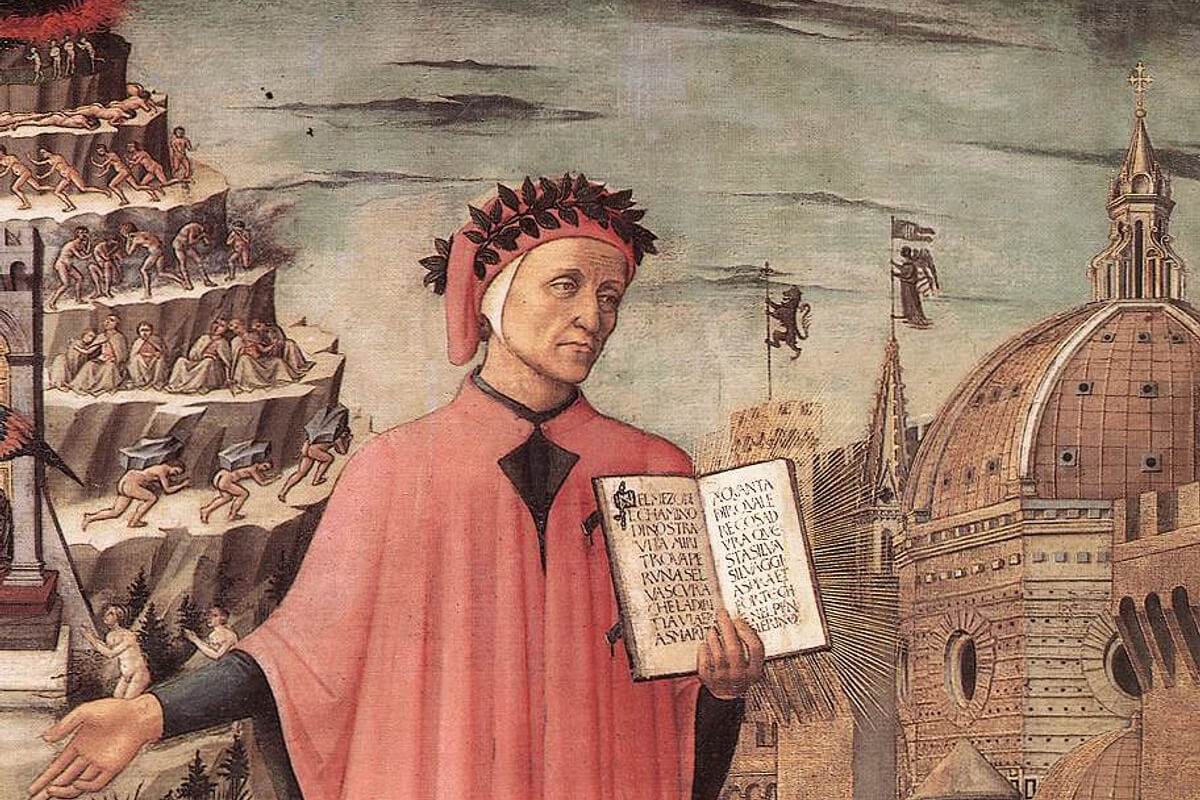Italian literature is a rich tapestry woven from centuries of history, culture, and artistry. From the lyrical verses of the Middle Ages to the vibrant narratives of modern authors, it offers a profound insight into the human experience. In this post, we’ll explore some key periods and figures that have shaped this literary landscape, celebrating the enduring legacy of Italy’s literary giants.
The Medieval Foundations
The roots of Italian literature can be traced back to the Middle Ages, with the emergence of notable figures like Dante Alighieri. His epic poem, *The Divine Comedy*, remains a cornerstone of world literature. Written in the early 14th century, it explores themes of morality, redemption, and the afterlife, all through the allegorical journey of its protagonist, Dante himself. The work is not only a reflection of medieval thought but also a pioneering piece in the use of the Italian vernacular, setting the stage for future writers.
Alongside Dante, Petrarch and Boccaccio played pivotal roles in the development of Italian literature. Petrarch's sonnets expressed deep emotional introspection and laid the groundwork for the Renaissance's humanist ideals. Boccaccio’s *The Decameron* offered a collection of tales that captured the complexities of human nature, providing both humor and social commentary.
The Renaissance: A Flourishing Era
The Renaissance was a golden age for Italian literature, marked by a renewed interest in classical antiquity and humanism. Figures like Niccolò Machiavelli emerged, whose work *The Prince* redefined political theory with its pragmatic approach to power and governance. This period also saw the rise of poetic forms, notably with Ludovico Ariosto’s *Orlando Furioso*, a masterpiece of epic poetry that blended romance and adventure with a touch of the fantastical.
Moreover, this era produced significant women writers, such as Veronica Franco, whose poetry and prose challenged societal norms and explored themes of love, identity, and gender.
The Baroque and Enlightenment
As Italy moved into the Baroque period, literature became increasingly ornate and complex. Giambattista Marino exemplified this shift with his elaborate poetry, while writers like Torquato Tasso brought themes of heroism and spirituality to the forefront in works like *Jerusalem Delivered*.
The Enlightenment introduced a wave of rational thought, with authors like Carlo Goldoni, who revolutionized Italian theater with his comedies, emphasizing everyday life and character-driven narratives. This period laid the groundwork for the modern Italian novel, with a focus on realism and societal critique.
The 19th Century: The Rise of the Novel
The 19th century witnessed a flourishing of the novel form, with authors like Alessandro Manzoni and Giovanni Verga. Manzoni’s *The Betrothed* (I Promessi Sposi) is considered one of the first modern Italian novels, blending historical fiction with profound moral and philosophical questions. Verga’s *The House by the Medlar Tree* introduced the verismo movement, emphasizing the lives of the lower classes and presenting a raw, unfiltered view of reality.
This era also marked the emergence of Italian nationalism in literature, with writers like Giosuè Carducci and Giovanni Pascoli exploring themes of identity and cultural pride.
The 20th Century and Beyond
The 20th century brought a wave of innovation and experimentation. Authors such as Italo Calvino, Umberto Eco, and Elena Ferrante challenged traditional narrative structures and themes. Calvino’s playful approach to storytelling in works like *Invisible Cities* blurred the lines between reality and imagination, while Eco’s *The Name of the Rose* combined historical fiction with philosophical inquiry.
Elena Ferrante’s *Neapolitan Novels* captivated readers with their raw exploration of female friendship and societal expectations, resonating with contemporary themes of identity and belonging.
Conclusion
Italian literature is a testament to the country’s rich cultural heritage and its ability to adapt and evolve over time. From the medieval poetry of Dante to the modern narratives of Ferrante, each era has contributed to a literary legacy that continues to inspire and resonate with readers around the world. As we delve into these texts, we not only discover the beauty of the Italian language but also the universal themes that bind us all—love, loss, identity, and the quest for understanding in an ever-changing world. Whether you’re a seasoned reader or new to Italian literature, there’s always something profound waiting to be uncovered.


